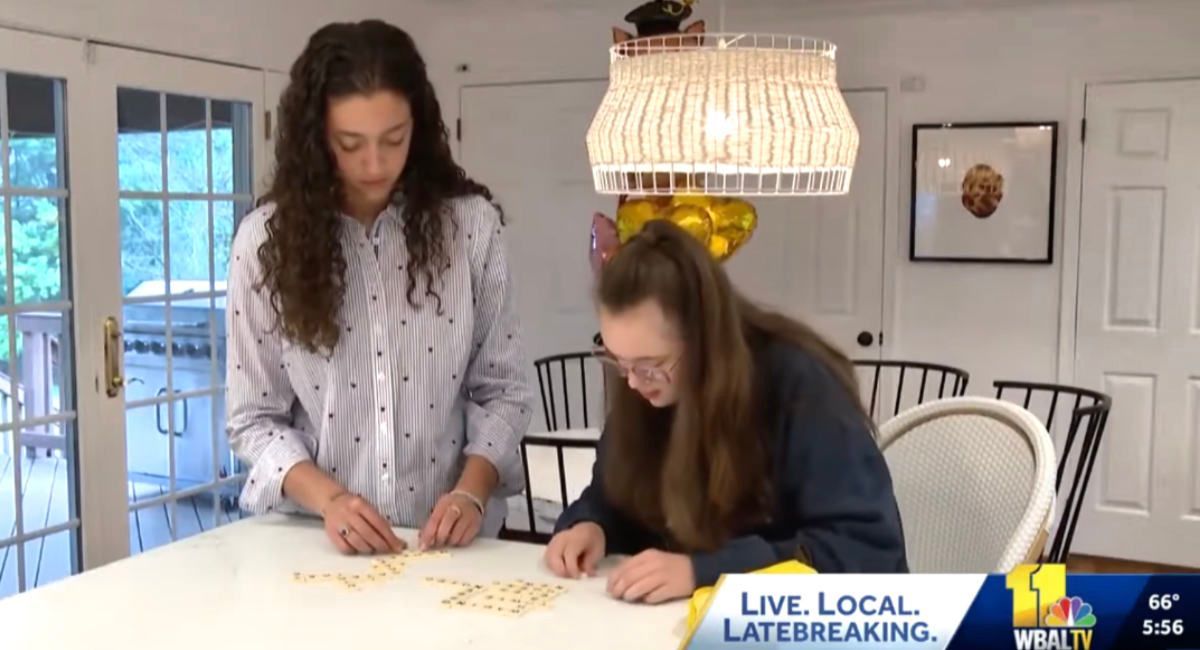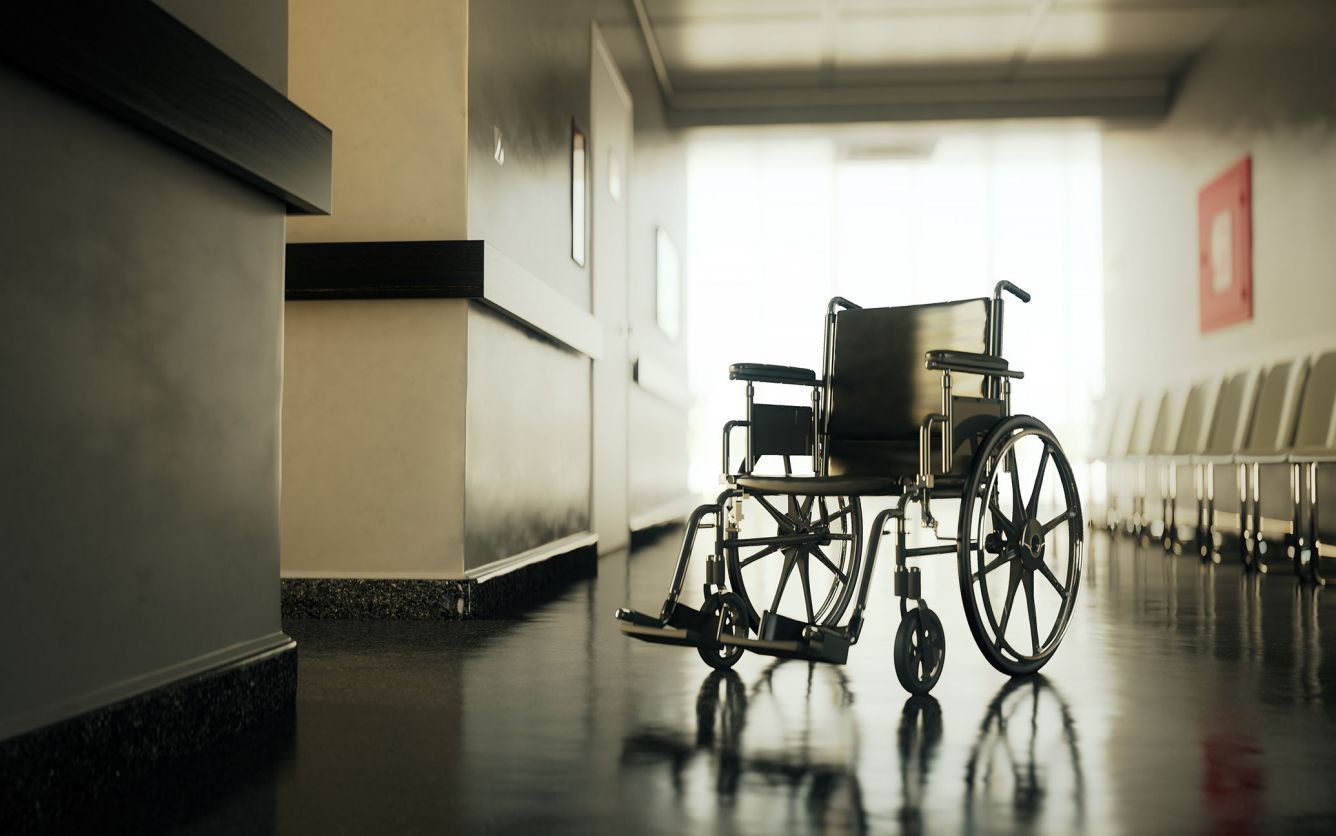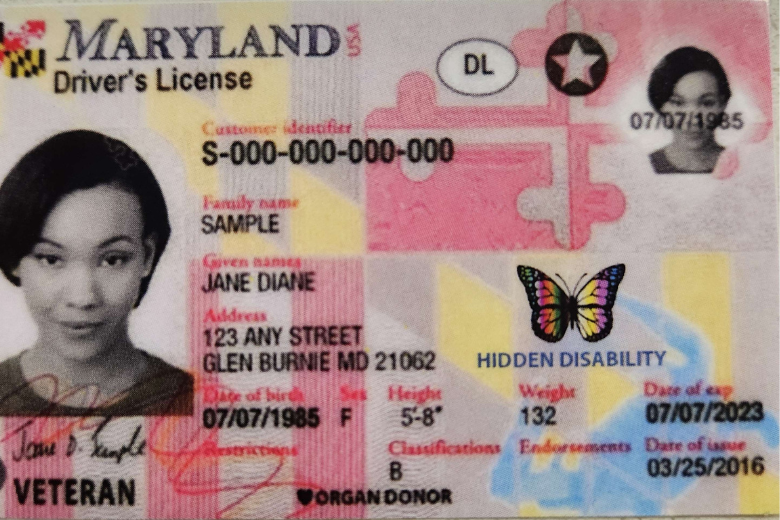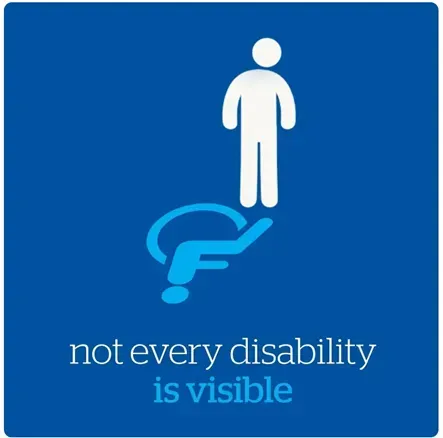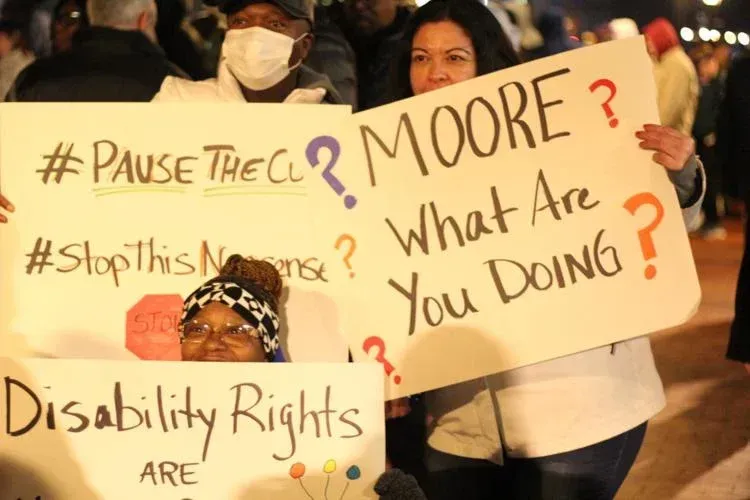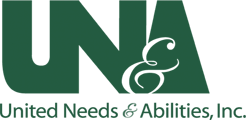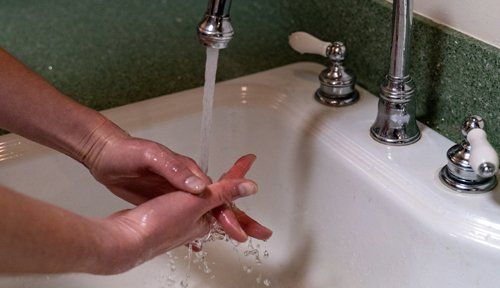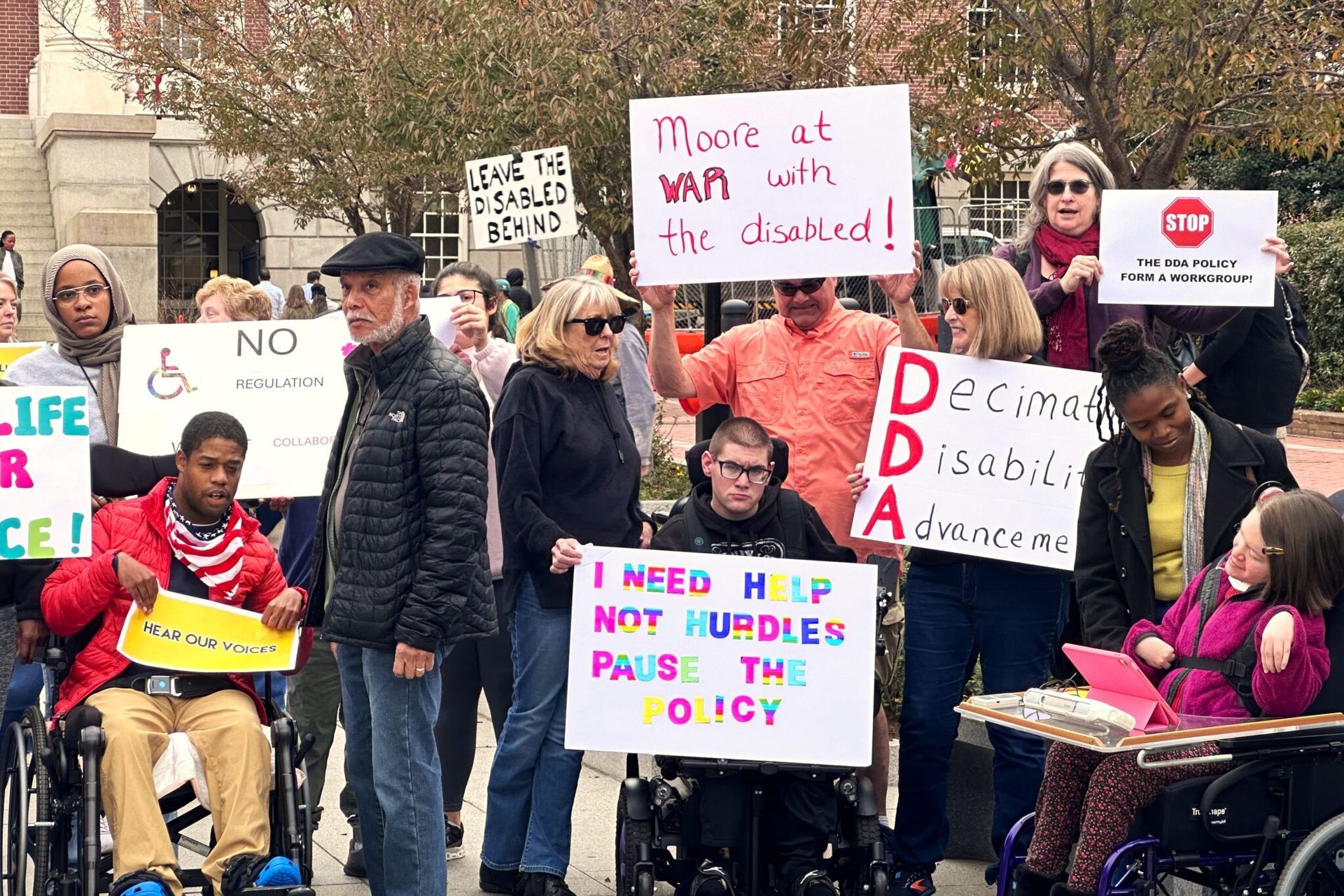What Are Some Essential Skills In A COVID-19 Era?
Answered by
David Celiberti
, PhD, BCBA-D &
Nicole Stewart
, MSEd, BCBA, LBA-NY Association for Science in Autism Treatment
This is a wonderful and important question! Without a doubt, the long period of service disruption brought about by COVID-19 has been very challenging to families and providers alike. It also brings additional opportunities to observe individuals with autism in their homes, often in differently structured situations, and assess how they manage and function (i.e., what goes well and what does not go well). As a result, missing skills needed at home and skills that you anticipate will be needed once onsite services resume may rise to the top of your priority list. We wrote this article in that spirit. Prior to sharing a non-exhaustive list of possible skills, we would like to offer some considerations on how to use this list to target skills you identify as important to your child at this time.
First and foremost
We strongly encourage you to work with your child’s existing team to set your child up for success and to determine whether teaching should be carried out incidentally or delivered more formally. The complexities and challenges of this time may require you to seek out new sources of support and expertise as well (i.e., consulting with a board-certified behavior analyst) to help make the determination as to how to best target each priority skill. Be realistic, both with respect to your time and resources, as well as your child’s existing skills and potential. And, of course, be flexible. Finally, give yourself grace.
How do I know which skills are “essential” for my child?
It depends on your child’s age, ability, and your family’s needs. You may notice some missing skills that become readily apparent given that you are with your child 24/7. For instance, for almost all children, the expectation to keep themselves busy some of the time has greatly increased during this period. For many parents, that has led to the realization that their children may need more direct teaching to acquire and build leisure skills. In other cases, skills may require more thinking and prioritizing. Think of skills that fill gaps, lead to greater participation, promote safety, and build compliance. Furthermore, COVID-19 has brought to light a brand-new skillset that everyone has had to incorporate into daily routines. Consider all the new routines you’ve created: carrying hand sanitizer; not leaving the house without your mask; making a more organized grocery list. We have all learned new skills; therefore, reflecting on your own experience may help you identify skills that are relevant for your child, family, and community (e.g., wearing a mask, being more aware of other pedestrians). The post-COVID-19 era will also bring new challenges and opportunities educationally, socially and vocationally. Our work resumés are a helpful framework to guide these considerations. In other words, the questions to ask include, “What skills should my child have on his or her resumé that will help them be more successful now here at home ?”, “What skills should my child have on his or her resumé that will help them be more successful once school is back in session onsite ?” and “What skills have been necessary in a distanced world, that will probably continue to be needed for some time?”
Teaching
Although beyond the scope of this article, we wanted to provide you with a few topics about which to engage your child’s team. Please seek the team’s guidance and expertise in the following areas:
- Assessing present levels with respect to the skill being targeted (and collecting adequate and suitable data) ;
- Identifying the goal (e.g., greater consistency, higher quality, independence, speed) ;
- Identifying an effective prompt;
- Fading prompts systematically;
- Troubleshooting if obstacles or challenges emerge;
- Determining what type and level of reinforcement to include during the actual teaching; and
- Planning for generalization and assessing desired carryover.
Following Directions:
- “Come here” or responding to a family term that everyone knows to come together (i.e., “Bubble up”)
- “Stop”
- “Stand here”
- "Stay with me”
- “Come with me”
- “Hands in pockets”
- “Get your mask and put it on”
- “Fix your mask”
- “Put your hands down”
- “Get a tissue”
- “Throw out your tissue.”
- “Use hand sanitizer”
- “Wash your hands and count down from 20”
- “Give ______ space”
- “Keep six feet away”
- Complying with Tele-health and Distance Learning Directions
Activities of Daily Living (ADLs) related to health/safety:
- Thorough washing of hands (front, back, and in between fingers)
- Thorough drying of hands
- Using hand sanitizer
- Tolerating different hand sanitizers and hand soaps
- Putting on a mask
- Tolerating masks for extended periods of time
- Storing or sanitizing a mask safely
- Removing and putting back on mask to eat/drink
- Putting on gloves
- Tolerating gloves for extended periods of time
- Removing gloves and disposing appropriately
- Leaving shoes outside of the house or in an entrance way
- Coughing/sneezing into elbow
- Washing/hand sanitizing after coughs/sneezes
- Cleaning a surface and/or object with a sanitizing wipe
- Using mouthwash
- Having temperature taken
- Compliance with routine medical activities (e.g., swallowing pills, tolerance of band-aids, tolerance for treatment of injuries)
Requests
- Requesting gloves/masks/Personal Protective Equipment (PPE)
- Requesting hug/accepting a refusal
- Requesting a safer greeting (e.g., elbow bumps, fist bumps, air hugs)
- Requesting personal space
- Tolerating delayed access (e.g., “Yes, we can ____but you have to wait.”)
- Tolerating denied access (e.g., “We can’t do ______ but we can _____” or “Not now.” “We are not allowed to share our snack.”)
Self-Management:
- Identifying when to use gloves/mask
- Keeping hands away from face
- Identifying when to use hand sanitizer or wash hands and doing so independently.
- Identifying social distancing cues (e.g., floor markers, one-way signs)
- Not touching buttons or using elbows/pencil/tool to touch buttons/open doors
- Engaging in an incompatible behavior (e.g., walking with hands in pockets)
- Drinking only from one’s own water bottle
- Using a “Leaving the home checklist” (e.g., hand sanitizer, mask, or other PPE items needed outside of the home)
- Following a schedule for a longer period of time
- Following a behavior contract (with simple rules)
- Learning to self-monitor
- Carrying out a broader array of tasks independently
- Being flexible about changes in schedule (both shown visually and/or informed of verbally)
Leisure skills:
- Learning to play with more toys
- Learning to play simple board games/card games
- Tolerating parallel play
- Learning to play cooperatively
- Playing socially distanced games (e.g., charades, Simon says)
- Learning to play video games
- Learning new physical exercises/stretches
- Following a workout or dance video
- Exploring alternatives to current unavailable reinforcers (e.g., watching videos of rollercoasters, given amusement park restrictions)
Other home skills:
- Learning new inside chores (e.g., watering plants, making ice, feeding the cat, folding laundry, unloading the dishwasher)
- Learning new outside chores (e.g., weeding, raking, taking the garbage to the curb)
- Helping with home tasks (e.g., using dustpan while another family member sweeps, handing a family member clean dishes from the dishwasher to be put away)
- Preparing a snack
- Problem solving (replacing batteries, replenishing toilet paper)
Social Skills:
- Identifying and adhering to social distancing space
- Saying, “I wish I could hug you.”
- Practicing other forms of greetings (e.g., a wave, head nod, air hugs)
- Giving and receiving fist bumps and elbow bumps
- Calling/Answering calls and video chats
- Maintaining longer calls/video chats (consider practicing with scripts)
- Playing virtual games
Technology Skills:
- Logging into Zoom/Google Meet/FaceTime
- Greetings/interactions on a distance platform
- Participating in a video chat for an extended period of time
- Muting and unmuting audio and/or video
- Responding to instructions on a platform (e.g., “Can’t hear you, you are on mute.” “I can only see your forehead. Can you tilt your screen down?” or “Hold it up so I can see.”)
- Wearing headphones
- Managing passwords
- Troubleshooting technology issues (e.g., rebooting computer)
- Using a broader array of phone skills
Remember, this list is non-exhaustive. While there are so many new skills that need to be learned during this time, or even old skills that have gained new importance, we hope that this list might inspire consideration of these or other skills that are relevant to your child. We encourage you to talk with your child’s team to incorporate new goals that are necessary at this time and that will be helpful moving forward.
Other ASAT articles that may be of interest:
- Coping with COVID-19: An annotated list of resources for families of individuals with ASD
- Coping with COVID-19: A non-exhaustive, annotated list of previously published but relevant ASAT articles
- My child is home with me. Any suggestions for home schooling?
- What information should I get from the teacher and what can we do to promote carryover during this extended period of home schooling?
- What input can be provided to the school following an extended period of home schooling?
- Evidence-based telehealth practice in the time of COVID-19
- How can I teach telephone skills at home?
- A review of Autism 24/7: A family guide to learning at home and in the community
Citation for this article:
- Celiberti, D., & Stewart, N. (2020). Clinical Corner: What are some essential skills during this COVID-19 era? Science in Autism Treatment , 17 (7).
About The Author
- Nicole Stewart is a board certified behavior analyst (BCBA), a licensed behavior analyst (LBA-NY) and a certified special education teacher with over 15 years of experience working with children with autism, developmental delays and rare genetic disorders. She focuses on improving supervision practices and ensuring that teaching practices incorporate what's functional and accessible for the learner and their family/community. Nicole is currently the Clinical Director of an ABA agency in Manhattan as well as the co-founder of Solutions for Exceptional Children, an educational consulting company in Essex County NJ. For more information or to contact Nicole, please see her website: solutionsforexceptionalchildren.com.
- David Celiberti, PhD, BCBA-D, is the Executive Director of ASAT and Past-President, a role he served from 2006 to 2012. He is the Editor of ASAT’s monthly publication, Science in Autism Treatment . He received his PhD in clinical psychology from Rutgers University in 1993 and his certification in behavior analysis in 2000. Dr. Celiberti has served on a number of advisory boards and special interest groups in the field of autism, applied behavior analysis (ABA), and early childhood education. He works in private practice and provides consultation to public and private schools and agencies in underserved areas. He has authored several articles in professional journals and presents frequently at regional, national, and international conferences. In prior positions, Dr. Celiberti taught courses related to ABA at both undergraduate and graduate levels, supervised individuals pursuing BCBA certifications, and conducted research in the areas of ABA, family intervention, and autism.

